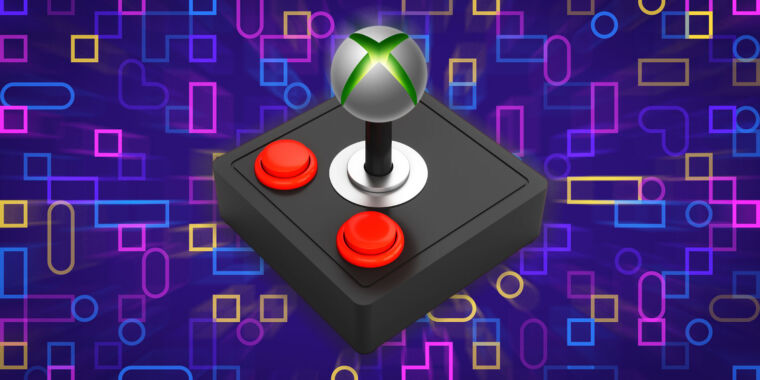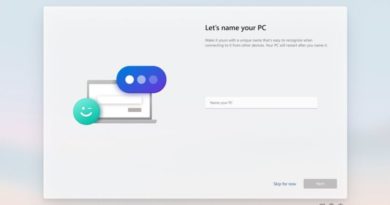Why modern consoles can’t just “run any… older executable”
[ad_1]
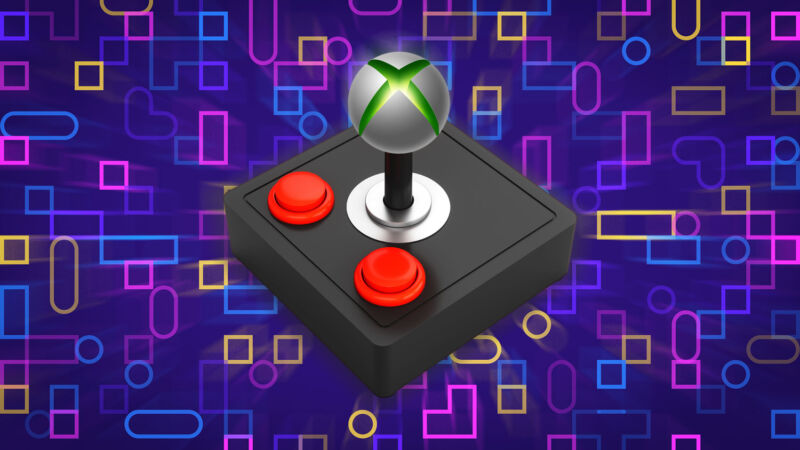
Aurich Lawson | Getty Images
Historically, when major game companies have talked about emulation, they’ve pigeonholed the technology primarily as a way for players to steal their IP through piracy. Now, though, Xbox chief Phil Spencer is urging the industry to embrace legal emulation as a way to preserve the legacy and wider availability of older games.
“My hope (and I think I have to present it that way as of now) is as an industry we’d work on legal emulation that allowed modern hardware to run any (within reason) older executable allowing someone to play any game,” Spencer told Axios in a recent interview. “I think in the end, if we said, ‘Hey, anybody should be able to buy any game, or own any game and continue to play,’ that seems like a great North Star for us as an industry.”
That’s an admirable goal and an important statement of intent from a major console executive going forward. But in the real world, legal emulation of older games runs into some practical licensing problems that make it hard to achieve Spencer’s “run any… older executable” ideal.
The state of legal emulation
Despite the implication of Spencer’s statement, Sony and Nintendo haven’t exactly ignored official legal emulation options on their hardware. Nintendo was using emulators to recreate classic games even before the creation of the Wii Virtual Console, which took the concept of legal emulation mainstream in 2006. And Sony has made use of emulators in everything from HD remasters to PS1 downloads on the PSP to its PlayStation Classic hardware (which licensed the work of the open source emulator community).
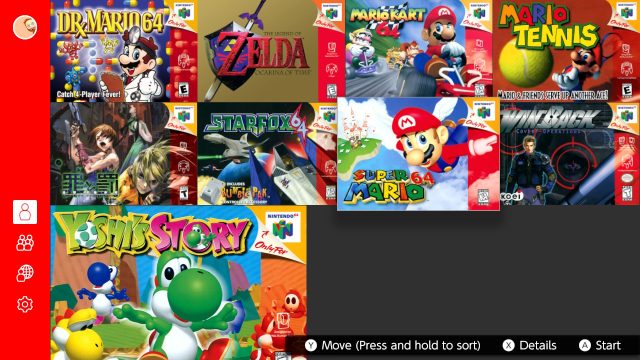
On recent consoles, though, both Sony and Nintendo have mostly limited “official” options for older games to various subscription service bundles: Nintendo through its slowly growing Switch Online collection and Sony through its massive PlayStation Now cloud streaming/download library.
That’s a different tack from Microsoft, which uses an emulation layer to allow many older Xbox and Xbox 360 discs to work on newer hardware. Microsoft even sells digital copies of some decades-old games individually and/or makes them available through its Game Pass subscription, including some with enhancements like HDR and frame-rate boosts on Xbox One and Series S/X hardware.
Licensing and legal constraints
Spencer’s statement encouraging “legal emulation” options comes during the same week that Microsoft announced that 70 additional original Xbox and Xbox 360 games are now playable on later Xbox hardware. But alongside that announcement, Microsoft also said that “we have reached the limit of our ability to bring new games to the catalog from the past due to licensing, legal and technical constraints [emphasis added].”
That means Xbox users will only officially be able to play just over 600 of the more than 2,000 Xbox 360 games on current hardware and just 63 of the nearly 1,000 original Xbox games. While those proportions include some of the best-selling and best-remembered games on those classic consoles, the list still pales in comparison to the wide range of playable games compatible with unofficial emulators.
That’s because the limiting factor isn’t technology, in most cases, but rights issues. “Some of the challenges are technical, but more often than not it comes down to licensing,” Xbox Director of Program Management Jason Ronald told Inverse last year regarding why more old Xbox games aren’t compatible with new Xbox hardware. “In some cases, the developer or publisher doesn’t exist anymore. Even tracking down who we need approvals from can be very, very difficult.”
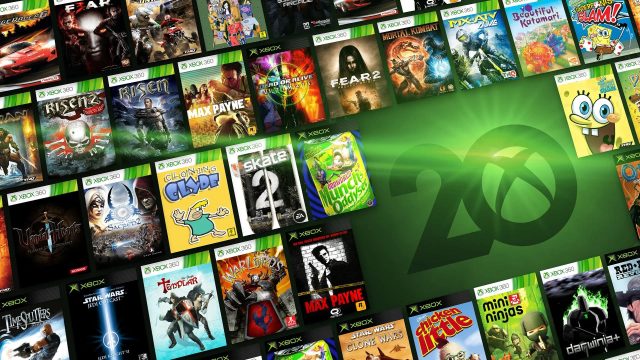
Why does Microsoft need individual licenses to emulate games for consoles it created in the first place? The answer seemingly has to do with the way the original licenses were written.
“Generally speaking when you have a development or publishing contract, it’s going to say what publishing rights you are licensing out/in,” Michigan attorney and Virtual Legality host Richard Hoeg told Ars. Those contracts usually explicitly state which specific platforms the game can be published on, meaning “running on ‘virtual 360’ software on an Xbox One, for instance, isn’t necessarily going to be permitted,” Hoeg said.
For any game with such a contract, Microsoft would have to negotiate a fresh license from the publisher to emulate it on a new platform. This is also why Nintendo couldn’t just cite its original publishing contracts to throw every NES game onto the Wii Virtual Console, for instance; subsequent platforms weren’t covered in the original deal. Even disc-based Xbox 360 games would need a new license to cover the new emulated versions running on the Xbox One (which involve downloading a new version of the game in an emulation wrapper).
And as Ronald mentioned above, finding the right companies to negotiate that new license with isn’t always easy, especially if licensed music or middleware come into play. “Say [a video] decoder was baked into the OS rather than the game itself,” attorney and Law of the Game blogger Mark Methenitis told Ars. “Depending on the original license, they may need to re-license it for the emulator, and if they could no longer do that, then it might mean they can’t emulate the games that used [the decoder]. They simply would not work.”
A hardware solution?
In the past, other console makers have gotten around this issue by actually including the hardware to play older games inside their newer systems. That’s how the Game Boy Advance was able to play all earlier Game Boy games and how early versions of the PS3 were able to play PS2 and PS1 games, for instance. Since these older games are technically still running on the same hardware platform (just embedded in a new console shell), the original licenses would still apply, letting these consoles offer full backward compatibility without jumping through a lot of legal hoops.
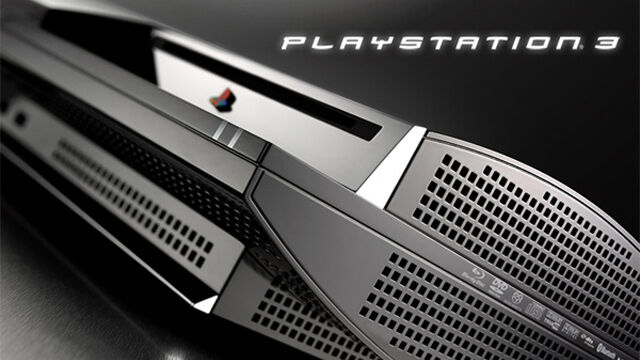
The original 60GB PS3 actually included the hardware of a PS2 inside to allow for backward compatibility.
But that additional hardware can come with a cost, especially if the architecture is changing significantly from generation to generation. PlayStation owners discovered this in 2007 when Sony removed backward compatibility from all subsequent models in 2007, presumably as a cost-cutting measure.
“Backward compatibility is a nice secondary consideration, but it’s far from the number-one priority,” then-SCEA President Jack Tretton told Reuters at the time. “[Backward compatibility] is not as big of a purchase intent driver as you may be hearing,” Sony Director of Hardware Marketing John Koller told Ars years later. “We’ve got such a substantial lineup of titles on the PS3; most people are buying the PS3 for PS3 games.”
That helps explain why you can’t play a 25-year-old PS1 disc by putting it in your PS5. To change that state of affairs, Sony would have to essentially include a version of the PS1 hardware inside the newer system, or re-license individual games one by one for legal emulation on modern hardware. And both come with costs Sony seemingly isn’t willing to bear.
This may be less of a problem for console makers going forward, as licensing agreements begin to reflect the new reality of cross-generational support. “Nowadays, many licenses will contemplate successor and emulation coverage,” Hoeg said. “But like most aspects of a license it can be subject to negotiation.”
Regardless, for older games, there aren’t many easy solutions from the console makers’ point of view. Legal issues mean the dream of console makers using emulation to “allow modern hardware to run any… older executable” may have to stay a dream, in many cases.
[ad_2]
Source link

